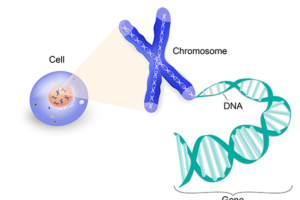The falling action, that is, the events that take place after the climax that bring the story to a logical conclusion, is often overlooked. Many readers remember only the climax and the ending, but the falling action is almost as important as those two. What does the falling action have to do with the events that happen in our brain, though?
The falling action allows our brains to deal with the revelations of the climax, the adrenaline rush from the rising action, and the dopamine rush from the falling action. While the falling action does not directly release any extra hormones, it allows for the conclusion to be very satisfying and for there to be a release of oxytocin, which is commonly known as the “bonding hormone”. In addition to oxytocin, more dopamine is also released as the levels of adrenaline decrease, giving the reader a feeling of calmness and serenity. Often, after a good story, one feels calm. However, sometimes authors use the falling action to end in a cliffhanger, which boosts the adrenaline levels of the reader by a considerable amount. This combination leaves the reader wanting more as to lower their adrenaline and allow for the release of dopamine. An effective use of a cliffhanger can leave readers begging for more and supporting a sequel, which is the result of the extra adrenaline that’s released and the desire for the dopamine release that comes with a happy ending to a story.
A good example is the ending of Star Wars: The Empire Strikes Back. The epic cliffhanger that resulted by using the falling action as a metaphorical springboard left the audiences at the time waiting 3 agonizing years for a sequel. Cliffhangers like the Star Wars one is an excellent use of falling action to boost the adrenaline levels of the viewers.

In conclusion, the falling action should not be overlooked, as it can lead to either a happy conclusion or a cliffhanger. The falling action is very important in a good story.
Sources:
- The Best Movie Cliffhangers We Still Can’t Get Over: https://collider.com/best-movie-cliffhangers/
- The Neuroscience of Story: How Stories Change Our Brains: https://www.worldfullofbliss.com/post/the-neuroscience-of-story-how-stories-change-our-brains







Most Commented Posts